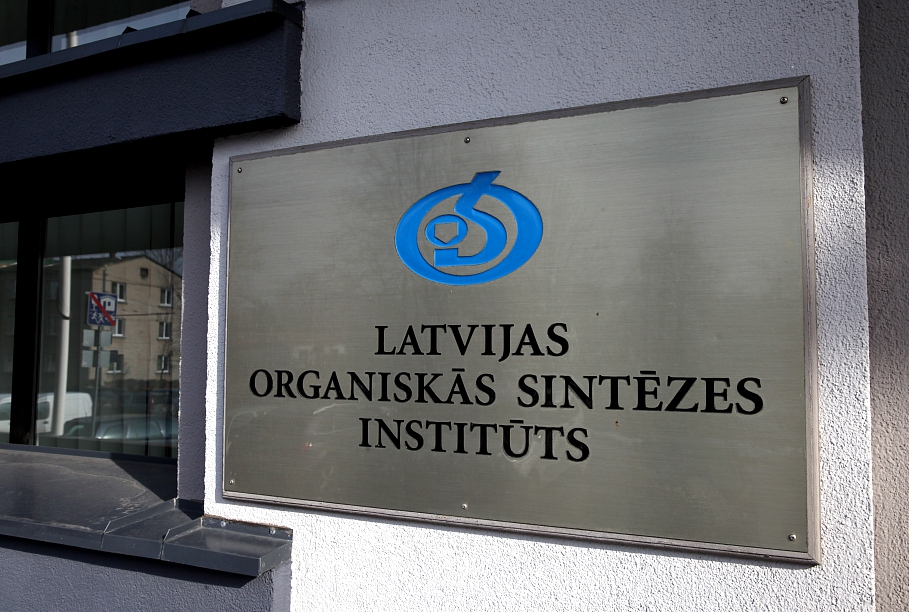In the future, this method is likely to save the lives of millions of people worldwide. This is one of last year's most important achievements in science, according to OSI scientists.
Although there are currently a large number of medicines available around the world to help fight cancer, there are still enough cases where treatment does not help.
“Mortality from cancer remains very high. It is estimated that, on average, about 10 million people die on the planet from cancer per year. Compared with Covid-19, it is five times more. Of course, Covid-19 is half-controlled, but it is impossible to control cancer,” explained Raivis Žalubovskis, representative of OSI.
There are a number of cancer forms that can't be beaten by either surgery or medication.
“We're trying to find new, unique molecules that would help treat cancer,” Žalubovskis said.
Initial tests under laboratory conditions are very promising.
“Maybe it's been heard that the cancer itself is a little sour. If we tried to taste it, the acidity wouldn't be felt, but this very little difference is very substantial. If we change this acidity one way or the other, the cancer will no longer feel good and it will die,” Raivis Žalubovskis explained.
Latvian scientists are engaged in designing special molecules, which are then bound with specific enzymes in cancer cells.
For the time being, studies have been carried out only under laboratory conditions. . If the studies show that everything works in living organisms and does not cause undesirable effects, then ten years later, such new types of drugs will be sold in pharmacies.




























